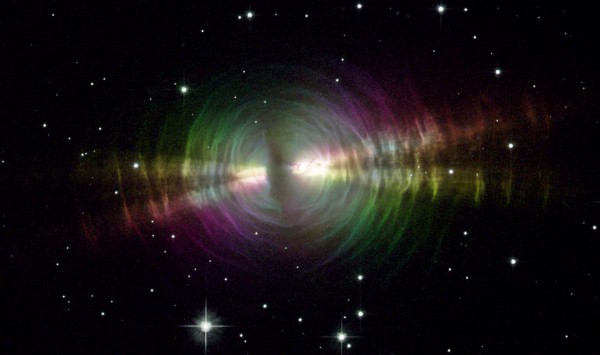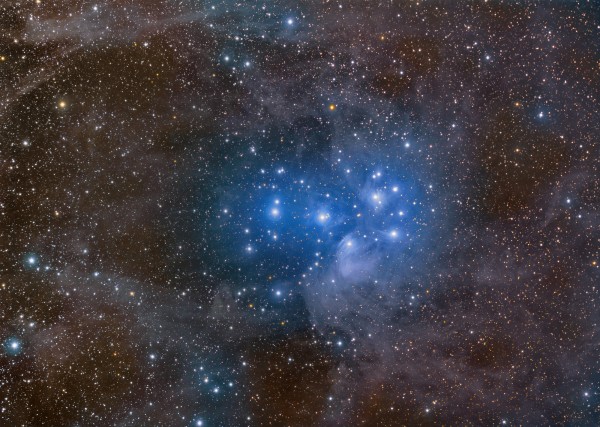“Man alone is born crying, lives complaining, and dies disappointed.” -Samuel Johnson
You might look up at our Sun in the sky, delighted at its brilliance and life-giving brightness, thankful for all it's brought to our world. But we're all just a little bit dismayed at the crushing realization that it won't live forever, and will someday burn through its fuel and die.
 Image credit: NASA and The Hubble Heritage Team (STScI/AURA); Acknowledgment: W. Sparks (STScI) and R. Sahai (JPL).
Image credit: NASA and The Hubble Heritage Team (STScI/AURA); Acknowledgment: W. Sparks (STScI) and R. Sahai (JPL).
But the Sun is a very common type of star, and shares certain properties with the vast majority of them. In fact, Sun-like stars have a pretty universal story as far as where they came from, how they live, the different stages they go through and what happens to them as they end their lives. It's a story nearly as old as the Universe itself, and a story that will continue to go on for trillions of years.


It is very intersting to see that stars have life cycles and wont last forever. But how does a stars existance begin? If it is burning gasses it should have been ignited. In what stage of a stars life does it burn the brightest?
The scary fact that the sun has a life span and humans can't live without it, means that our days are numbered. If the sun burns gas it means it is getting smaller, what will the impact be on our enviroment if less heat reaches the earth? When will the sun die?